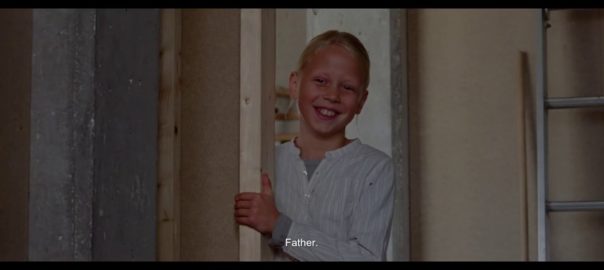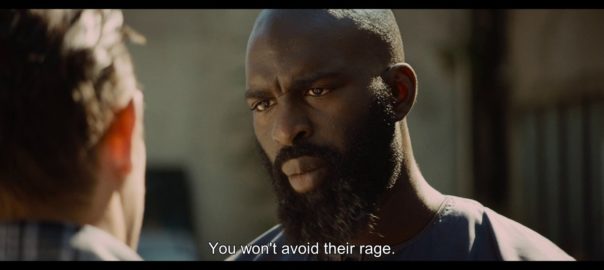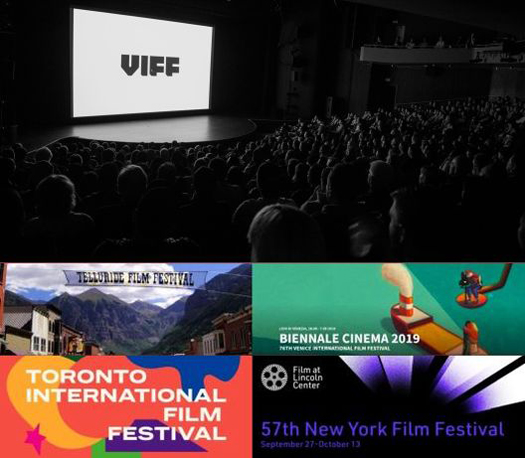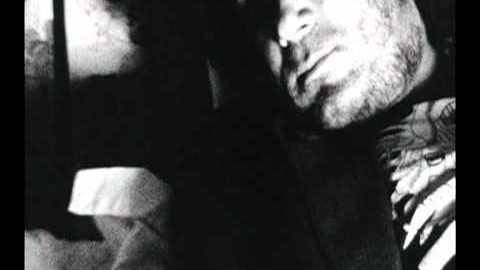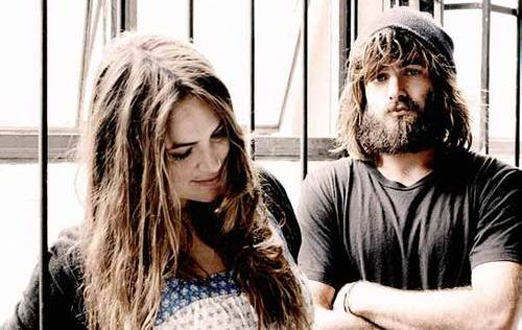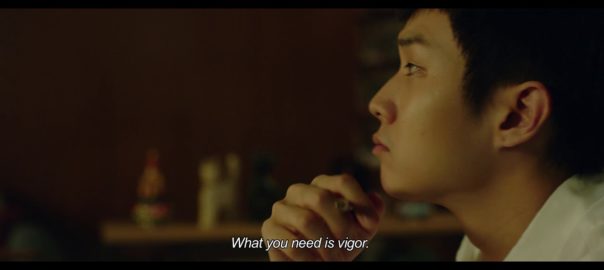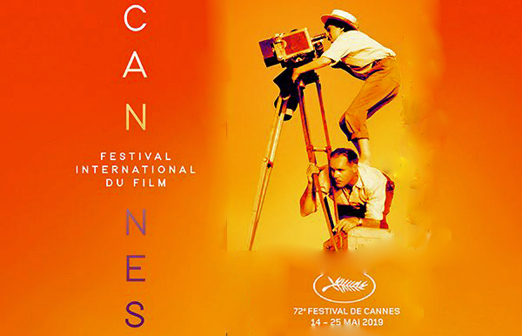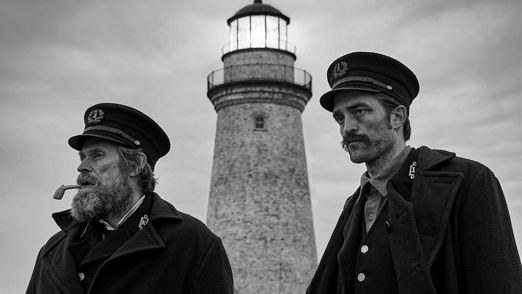
Saturday night, the 72nd annual Cannes Film Festival draws to a close.
Why should that matter to you?
Well, if you love film, and foreign cinema in particular, the award winning films that will be announced Saturday night in Cannes highlight the most important films made outside the North American continent this year, and most probably predict this year’s Oscar award contenders for what used to be called Best Foreign Language Film but for the 2020 Oscar ceremony will be renamed the Best International Feature Film. Not to mention, for aficionados of the Vancouver International Film Festival, a raft of Cannes films will arrive on our shores this upcoming September and October.
Here’s IndieWire chief film critic Eric Kohn’s wrap up column on the 72nd annual Cannes Film Festival, Class War & the 2019 Cannes Film Festival.
WINNER, Palme d’Or | Director: Bong Joon-ho
Parasite | South Korea
The fearlessly and fiendishly well-crafted new film from director Bong Joon-ho (The Host, Snowpiecer) offers a masterful dissection of social inequality, in a film that while a diabolically fun watch is also resolutely political, the film’s tonal shifts clearly in service of its class politics, infecting Parasite’s breezy dark-comedy with notes of rage and melancholy. Bong delivers a stunning return to form with this newest venture, which takes bold leaps between tenors and tone, the film entertaining and intelligent, and an unsparing social indictment of class inequality — a roaringly raucous, blood-spattered social satire that is also luxuriously watchable, suspenseful, uproarious, and a brilliant return to form for South Korean auteur Bong.
For background on how the Cannes Jury chose Parasite, click here.
WINNER, Grand Prix | Director: Mati Diop
Atlantics | Senegal
Mati Diop entered the Official Competition at Cannes with plenty of attention, as the first black woman with a film in the section across the festival’s 72 years. But, according to IndieWire film critic, Eric Kohn …
“The real reason to pay attention to Atlantics is its singular vision of the migration crisis. Diop’s gorgeous, mesmerizing feature directorial début focuses on the experiences of a young woman named Ada (Mama Sané) stuck in repressive circumstances on the coast of Dakar after her boyfriend vanishes en route to Spain. But the film is less fixated on his departure than with the community around her.
Diop’s enigmatic, lyrical narrative left audiences dazzled by its cinematic textures and haunting atmosphere. The peculiar allegorical nature of its story, and a supernatural twist that creeps into the plot, could make it a tough consensus choice for this year’s jury. But it’s quite the impressive début, and could very well wind up with some sort of prize by the end of the festival.”
There was a tie for the next category …
WINNER, Jury Prize | Tie
Les Misérables | France | Director: Ladj Ly
The directorial début of Ladj Ly offers a relentless tale of mounting tension between tough police officers and an oppressed Muslim population in modern-day Paris. Ly’s jittery, naturalistic style spends much of its running time focused on several officers as they clash with the neighborhood youth, and one conflicted new recruit (Damien Bonnard) with a moral conscience. The suspense builds to an anxiety-inducing showdown involving the bubbling frustrations of a local Muslim boy (Issa Perica) whose pithy crimes receive a nasty comeuppance in the film’s wrenching finale, causing audiences to draw thematic parallels to Spike Lee’s Do the Right Thing.
Bacurau | Brazil | Directors: Kleber Mendonça Filho Juliano Dornelles
A bracingly confrontational commentary on the direction his home country of Brazil is taking in the Trump-like era of Bolsonaro, Bacurau’s propulsive storytelling doesn’t come at the expense of the vividly sketched personality of Brazil, in this often strange fever-dream Jacobean-style bloodbath of a film, all at once densely layered and rich, ruthless and clear-minded, a film that divided the critics, but not this year’s Cannes Jury, it would seem. Mendonça Filho has scored before at the Vancouver International Film Festival, with his absolutely brilliant Neighbouring Sounds, which took VIFF 2016 by storm, emerging as an audience favourite.
Best Screenplay | Writer / director: Céline Sciamma
Queer Palm (Feature) | Céline Sciamma
Portrait of a Lady on Fire | France
Acclaimed French director Céline Sciamma makes her long-overdue Competition début with this vivid period drama, which focuses on an 18th century lesbian romance about a painter (Noémie Merlant) hired to create a portrait of a woman from a wealthy family (Adèle Haenel) without her knowledge. In the process, the two women fall in love, against the backdrop of a magical seaside landscape. Sciamma’s sharp, picturesque imagery meshes with the palpable erotic sparks between her two stars, who transform this emotionally resonant two-hander into a riveting portrait of hidden sexuality, a film Hollywood Elsewhere’s Jeff Wells writes is “as close to perfect as a gently erotic, deeply passionate period drama could be,” while The Guardian’s Peter Bradshaw writes in his five-star review …
Céline Sciamma has brought a superbly elegant, enigmatic drama to Cannes that compels a shiver of aesthetic pleasure and fear, demonstrating a deeply satisfying new mastery of classical style to go with the contemporary social realism she showed in Girlhood (2014) and Tomboy (2011).
The setting is 18th-century Brittany, where an Italian noblewoman (Valeria Golino) has engaged what is officially a ladies’ companion for her beautiful daughter, Héloïse (Adèle Haenel), who has just come out of a convent and is recovering from the loss of her sister. The companion, Marianne (Noémie Merlant), is actually an artist, and the countess wishes her to paint a portrait of Héloïse in secret, to be shown to a wealthy prospective husband in Milan, because headstrong Héloïse would never consent to sitting for any such picture.
Sciamma brings the erotic together with the cerebral. The final scenes set in the art gallery and the opera house are gripping: a past obsession simultaneously sour and yet vividly alive. What did it remind me of? De Laclos’ Dangerous Liaisons? Nicolas Roeg’s Bad Timing? I don’t know.
But what a story of desire.
From the reviews out of Cannes, Portrait of a Lady on Fire is a sure-fire contender for the Palme d’Or, with a seeming Best Actress nod for the luminous Adèle Haenel [2017’s BPM (Beats Per Minute)] a near certainty.
Best Actor | Antonio Banderas
Pain and Glory | Spain
A beautiful, full-hearted celebration of the craft of filmmaking, Pain and Glory is one of the most meditative of Pedro Almodóvar’s career, an especially personal work, anchored by the director’s on-off muse Antonio Banderas in perhaps his greatest performance, as he sweeps through the Spanish maestro’s recurrent themes: high melodrama and kitsch comedy, piety and carnal lust, sex and death, human pain and transcendent glory.
Best Actress | Emily Beecham
Little Joe | France
An artfully unnerving, austerely hypnotic horror movie about a very sinister plant, visually Little Joe is a total feast for the eyes, contrasting art-deco pinks and mint greens against sterile, symmetrically framed expanses of white, vaguely evoking the aesthetic of some lost sci-fi film of the ’70s. Another film that divided the critics, with CineVue critic John Bleasdale writing, “compared to the sophisticated and nuanced horrors of Black Mirror, Little Joe feels like a fairly straightforward riff on a very familiar idea. Nonethless, because it won an award at Cannes, because it’s a horror film (and outside of the hothouse of the Cannes Film Festival, the film will receive stronger reviews), Little Joe will likely arrive on our shores at some point this summer or autumn.
Best Director | Jean-Pierre & Luc Dardenne
The Young Ahmed | Belgium
Camera d’Or
Our Mothers | Guatemala | Director: César Díaz
From the military dictatorship established in the late 1970’s in Guatemala was born a civil war that only ended some twenty years later, leaving in its wake more than 200, 000 victims, and burying the memories of 40, 000 missing people. With Our Mothers, selected in the Critics’ Week section of this year’s Cannes Film Festival, César Díaz offers a film of remembrance and resilience, Our Mothers erupting like a shout in the darkness that surrounds this often overlooked massacre that cost mostly Indian lives, the film a heartbreaking portrait of a mother and her son.



Otherwise, the following films garnered praise at Cannes 2019 …
An American film, but director Quentin Tarantino and his all-star cast of Leonardo DiCaprio, Brad Pitt, Margot Robbie, Al Pacino, Lena Dunham, Kurt Russell, Dakota Fanning, James Marsden, Tim Roth, Timothy Olyphant and a host of other actors, stepped onto The Croisette at Cannes for the international début of his latest film, Once Upon a Time in Hollywood, which more than lived up to its hype in advance of the film’s much-anticipated mid-summer (July 26th) release in theatres across the continent.
 Strong buzz out of Cannes 2019 for Brad Pitt as a potential Best Actor Oscar winner in Quentin Tarantino’s enthusiastically received Once Upon a Time in Hollywood..
Strong buzz out of Cannes 2019 for Brad Pitt as a potential Best Actor Oscar winner in Quentin Tarantino’s enthusiastically received Once Upon a Time in Hollywood..
At screening’s end, Once Upon a Time received a rare 7-minute standing ovation, with both Brad Pitt and Leonardo DiCaprio scoring great reviews and buzz for the two as potential Best Actor Oscar nominees.
Another film emerging from Cannes with immense positive buzz for probable Best Actor Oscar nominee Taron Egerton, in the title role, is Dexter Fletcher’s Rocketman, the story of Elton John’s life, from his years as a prodigy at the Royal Academy of Music through his influential and enduring musical partnership with Bernie Taupin, a film that the critics raved about, writing that Rocketman “explodes with the kind of colour and energy that only Elton John himself could invoke.”
“Freddie Mercury may have had the better voice,” writes the New York Post’s Johnny Oleksinski. “but it’s Elton John who gets the better movie. Rocketman, director Dexter Fletcher’s trippy new biopic about the flamboyant rocker is braver, deeper and more enlightening than last year’s slobbering piece of Queen propaganda Bohemian Rhapsody (which he also partly directed), a flashy fantasia of a movie that will have you both cheering and in tears in the film’s phenomenally moving pivotal scene.”
We’ll know soon enough — Rocketman opens in theatres next Friday.

Since 1955, the Cannes Film Festival has awarded the coveted Palme d’Or to the greatest filmmakers of our age, from Frances Ford Coppola to Michael Haneke, Terrence Malick, Abdellatif Kechiche, Costas Gavras and Jane Campion. While Oscar season involves thousands of voters and aggressive, months-long campaigns, the Palme d’Or race among the 20, or so, films selected for Official Competition is often difficult to predict.
This year’s Cannes jury stands out for being particularly filmmaker-centric, with Cannes veteran Alejandro G. Iñarritu serving as president, joined by fellow directors Kelly Reichardt, Alice Rohrwatcher, Maimouna N’Diaye, Yorgos Lanthimos, and Pawel Pawlikowski — as well as Elle Fanning, the youngest Cannes juror in history. All have screened work at the festival, this year’s jury composed of particularly complex & disparate sensibilities.
Today’s update: the winners, and more, at the 2019 Cannes Film Festival, some of which will receive a Best International Film Feature Oscar nomination, most of which will screen at the 38th Vancouver International Film Festival, running from September 26th through October 11th, 2019.

Just announced: The Lighthouse has won the Fipresci Critics Awards at Cannes, about which the Deadline website writes …
“A story of two lighthouse keepers who drive each other to madness, won the Cannes Film Festival critics’ award for best first or second features in Directors’ Fortnight and Critics Week. The award was announced Saturday by the International Federation of Film Critics (Fipresci).
Robert Eggers The Lighthouse was shot in black and white and starred Willem Dafoe and Robert Pattinson.
Fipresci also honoured Elia Suleiman’s It Must Be Heaven as the best film in competition and Kantemir Balagov’s Beanpole as best film in the sidebar Un Certain Regard.
Terrence Malick’s Cannes competition entry, Hidden Life, won the Prize of the Ecumenical Jury.
The Lighthouse sees ‘two lead actors give stormy, career-best performances,” according to the statement from the Fipresci jury. It described the Eggers film as “a brutal work of art, all shot in beautiful black-and-white cinematography and fueled by a soundscape that echoes like a foghorn.”
The full list of winners at the 72nd annual Cannes Film Festival.
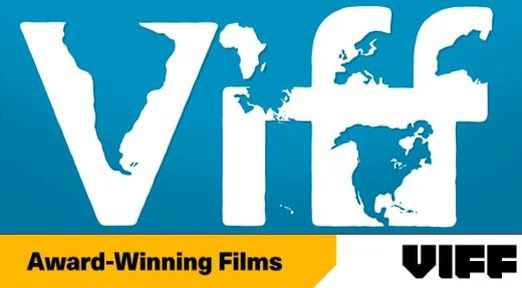

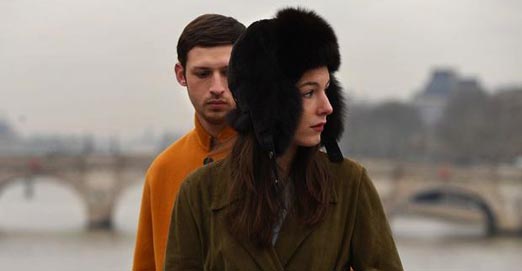
![]()
![]()
![]()
